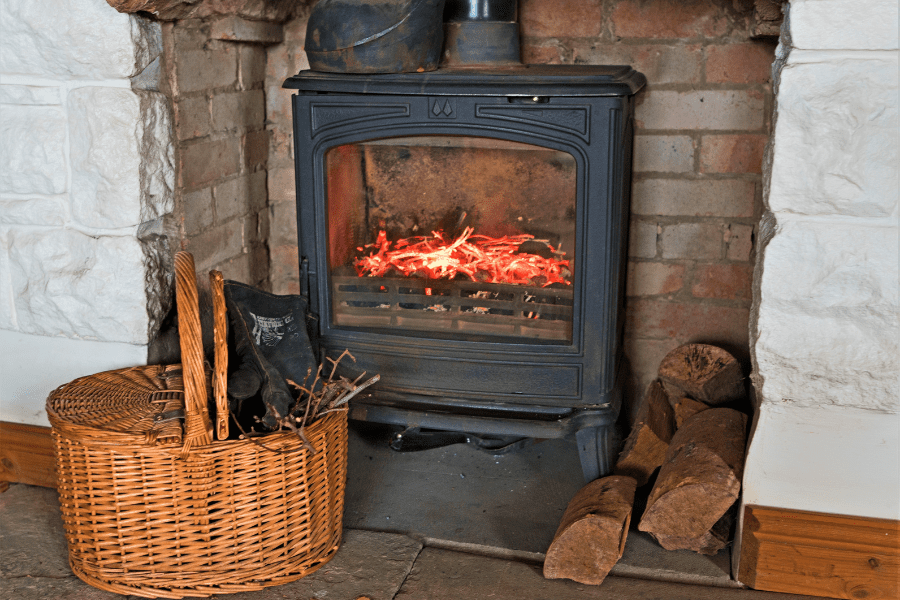New boiler guides
Should I replace my old back boiler with a combi boiler?
13 May 2020 • 4 minutes

New boiler guides
13 May 2020 • 4 minutes

Back boilers are quite an archaic form of heating. They can be costly to run and maintain, they also tend to be a lot more inefficient than modern boiler models.
If you currently have an old back boiler installed into your home, you should consider replacing it with a more modern and energy-efficient system – such as a combi boiler.
A back boiler is a heating system that is fitted behind your fireplace. A rather outdated form of heating, these systems were used to provide heating and hot water.
If you currently have a back boiler installed into your home, it’s likely to be a Baxi Bermuda back boiler, a popular model in former times. Although these systems were popular in earlier periods, they began to fade out in the 80s when other boiler types were developed.
Although back boilers are not inherently dangerous, they are now an outdated and inefficient boiler system. They are no longer installed due to government safety regulations, and there have also been reports of explosions as a result of back boilers. This means in some cases they can be dangerous. They have also been known to cause structural damage to houses due to the expanding and contracting of the back boiler.
From looking at the list above, it can be assumed that the cons outweigh the pros when it comes to back boilers. Combi, heat-only and system boilers are currently the main types of boiler systems used in the UK; combi boilers being the most popular.
Also known as combination boilers, combi boilers provide both heating and hot water all through one single unit. No additional water tanks or cylinders are required, so they occupy minimal space.
Combi boilers are also condensing, which means that they can recover and recycle latent heat through water vapour condensation – making them highly energy-efficient.
Replacing your old back boiler with a combi boiler is likely to be an expensive job, estimated at anything from £3000 onwards.
Although this may seem to be a costly expense, you should bear in mind that there are potential savings to be made with a new and energy-efficient combi boiler. Not to mention the quality of heating and hot water that combi systems provide.
It’s likely that a back boiler removal will take quite a bit of uprooting as it is positioned behind your fireplace. Typically, the process will include:
If you’d like to move forward and replace your old back boiler with a modern and energy-efficient combi boiler, HomeServe is now working with BOXT, one of the largest boiler installation companies in the UK, to help you get the right new boiler for your home.
BOXT’s expert advisors can provide you with answers to your questions and their Gas Safe registered engineers can conduct a professional installation of your new combi boiler.
Try BOXT’s free online quote tool today to get a fixed price quote for your new installation.
*Source: energysavingtrust.org.uk. Saving calculated when replacing G-rated with A-rated boiler in a semi-detached house.
Our help & advice articles cover Plumbing, Home heating, Electrical, Energy-saving and Home maintenance.